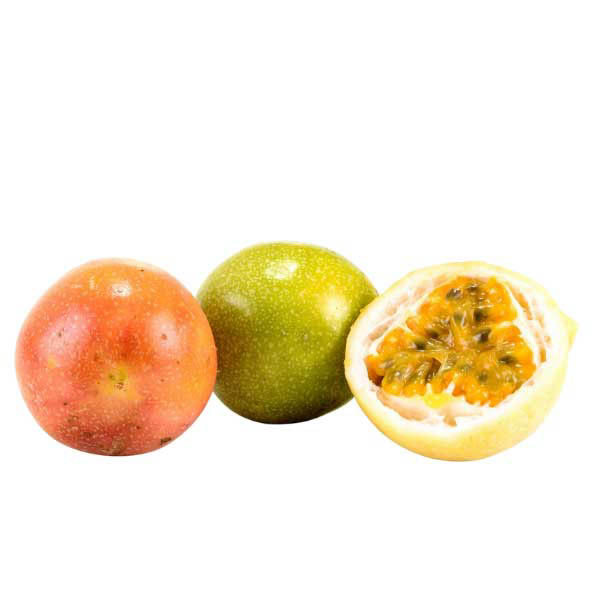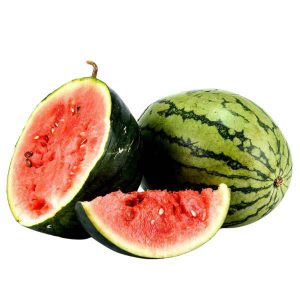Description
Yellow cultivar (Low country), Purple cultivarsl
Dry, wet and intermediate zones
Brazil
Sweetish sour taste
Use as treatments in Ayurveda medicine for oedema, gout, diarrhea, dysentery, ear diseases and pulmonary disease. According to a study published in Nuts and Seeds in Health and Disease Prevention, the seeds in passion fruit exhibited antifungal activity. The study also mentioned promise in the rind’s ability to treat diabetes, colon cancer, and diseases stemming from diverticulitis.
This tropical fruit is said to be named not for the passionate propensity it promotes but because particular parts of the plant’s flowers resemble different symbols of Christ’s crucifixion, such as the crown of thorns. Though native to Brazil, passion fruit (also called granadilla) is now also grown in Australia, California, Florida, Hawaii (where it’s called lilikoi) and New Zealand.
Make a refreshing slushie by blending ice with any of the fruits mentioned below and stirring in passion fruit pulp. Add alcohol if desired. Make a passion fruit icing by combining passion fruit juice with beaten powdered sugar, margarine, vanilla extract, and soymilk. Lather this icing over citrus-based coconut or vanilla-based sweet breads, cookies and cupcakes.


